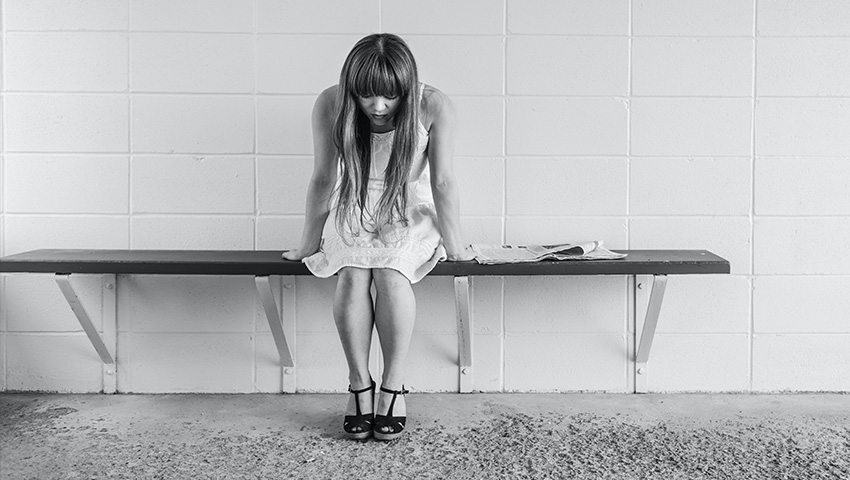
Social Anxiety Disorder – Social Phobia
While many of us can feel nervous or uncomfortable in a social situation, for those with Social Anxiety Disorder (also known as social phobia) these feelings are quite overwhelming and disabling. The person might end up avoiding all social contact with others simply because these ‘normal’ social situations make them feel extremely uncomfortable or embarrassed. In extreme instances the whole of the person’s life, not just the social, can gradually start to fall apart.
Triggers might be:
- Talking to strangers
- Speaking in public
- Going on a date
- Making eye contact
- Entering rooms
- Using public spaces or facilities
- Going to parties
- Eating in front of other people
- Going to school or work
- Starting conversations
For some giving a speech is relatively easy while going to a party can be a nightmare. Alternatively, the person can easily manage a one-on-one conversation yet feel unable to step into a crowded classroom. What this highlights is that there are a variety of underlying reasons for dreading certain social situations. For example, the person might suffer from an overwhelming fear of being judged, being embarrassed or humiliated, offending someone accidentally, or suddenly becoming the centre of attention.
While targeted treatments such as CBT are shown to be highly effective other therapies which help build the person’s sense of self-esteem and confidence can also be extremely beneficial. Research has shown that a wide range of factors can be of relevance to explaining the condition, which depends largely on the individual.




